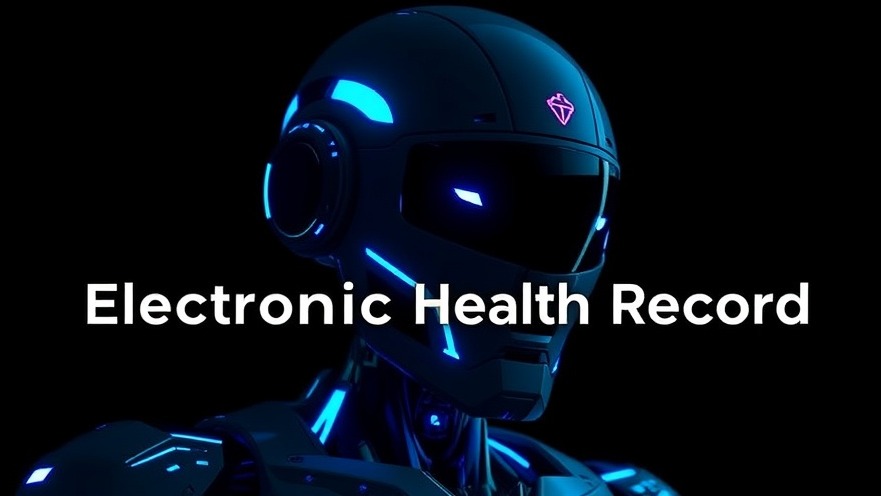
Understanding AI Fabrication in Healthcare
As artificial intelligence becomes more prevalent in healthcare, the distinction between data fabrication and hallucinatory behavior is critical. Unlike hallucinations, which may stem from model errors or biases in interpretation, fabrication occurs when AI generates information that is entirely made up. This distinction could have significant ramifications for patient care and public trust in AI systems. Healthcare professionals, particularly those in suburban settings, need to understand how to navigate the complexities of AI-generated information to ensure patient safety.
The Implications of AI Misrepresentations
AI's ability to generate fabricated data can lead to misguided decisions in medical practices. For instance, as AI systems become integral to diagnostics and treatment protocols, any intrinsic inaccuracies could mislead healthcare practitioners, ultimately compromising patient safety. Acknowledging the potential for fabrications can help medical professionals implement safeguards to verify AI outputs against empirical evidence.
Real-life Examples of AI Fabrication
In recent years, incidents where AI tools have produced inaccurate information have raised eyebrows across the healthcare landscape. For instance, there were reports of AI algorithms that misdiagnosed conditions based on fabricated patient histories, which not only risked patient health but also strained the trust between practitioners and technology. Such cases illustrate the need for enhanced AI literacy among healthcare providers, especially as technologies evolve.
Busting the Myths About AI's Capabilities
Many believe that an AI's advanced algorithms guarantee accuracy in its recommendations. However, the opposite may be true; the increasing sophistication of AI doesn't necessarily correlate with reliability. Misconceptions can foster complacency among healthcare professionals who lean too heavily on automated assessments. Therefore, ongoing education about AI capabilities is crucial.
The Future of AI in Healthcare: Opportunities and Challenges
Looking ahead, the integration of AI in healthcare presents both exciting opportunities and daunting challenges. While AI can streamline processes and uncover insights from vast datasets, healthcare providers must remain vigilant about its limitations. Creating hybrid systems that combine AI intelligence with human oversight may bridge the gap and provide a comprehensive approach to healthcare that fosters both innovation and safety.
What Can Healthcare Professionals Do?
Professionals should engage in continuous training to enhance their understanding of AI technologies. Emphasizing transparency in AI systems will empower healthcare workers to question and verify AI outputs. They should also advocate for strong regulatory frameworks that ensure AI tools are well-tested and reliable. Fostering a culture of critical engagement with AI can lead to better healthcare outcomes.
By equipping themselves with knowledge about AI's potential pitfalls, healthcare workers can navigate the complexities of AI technology and promote patient safety. As AI continues to evolve, an informed approach will be essential in safeguarding public health.
 Add Row
Add Row  Add
Add 




Write A Comment